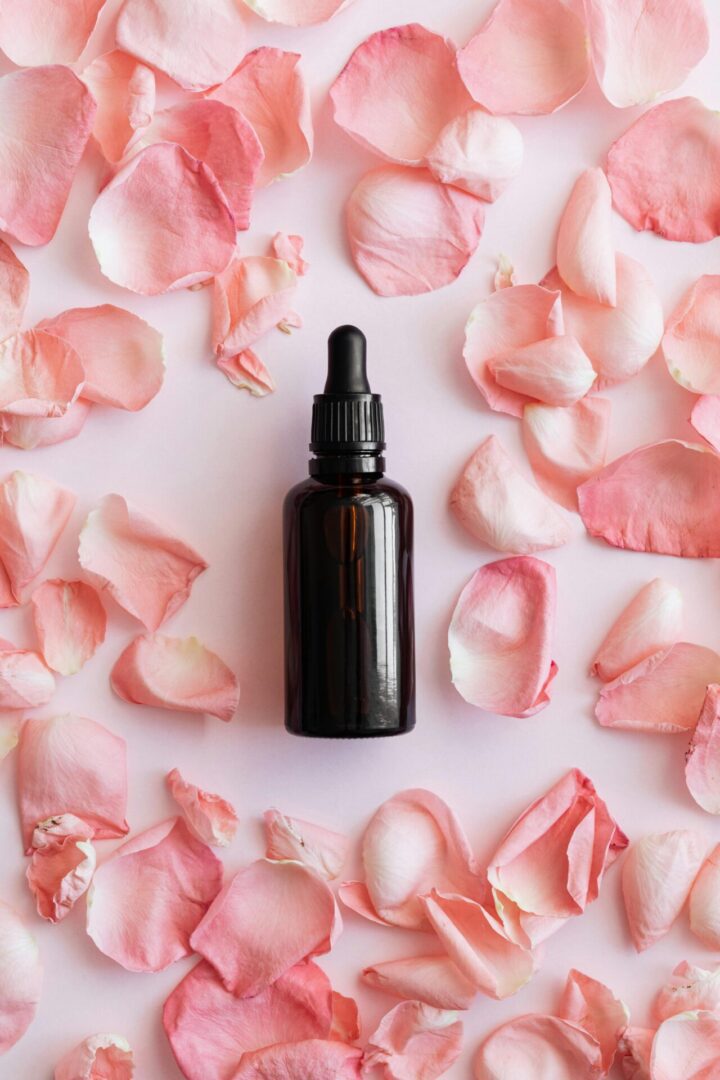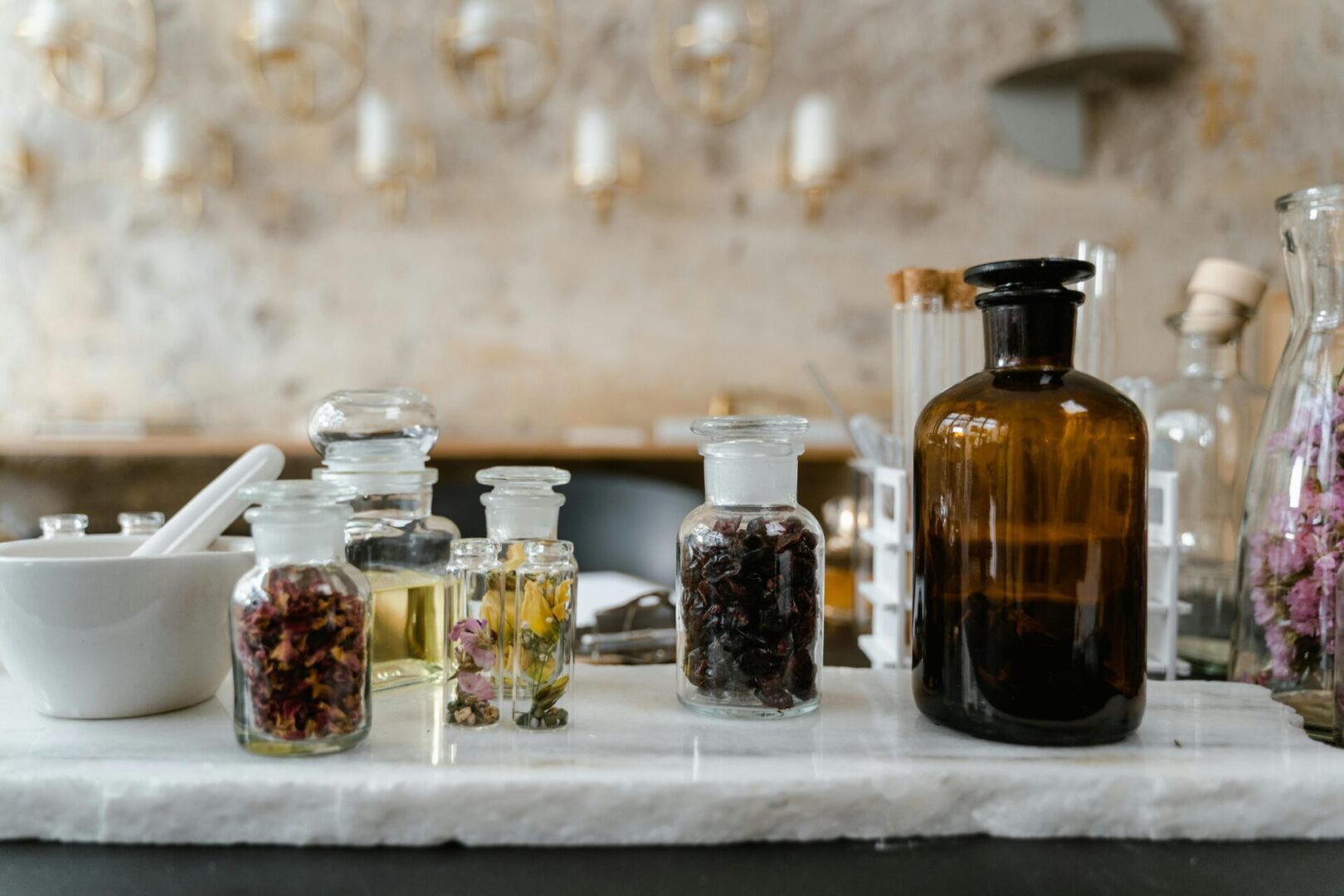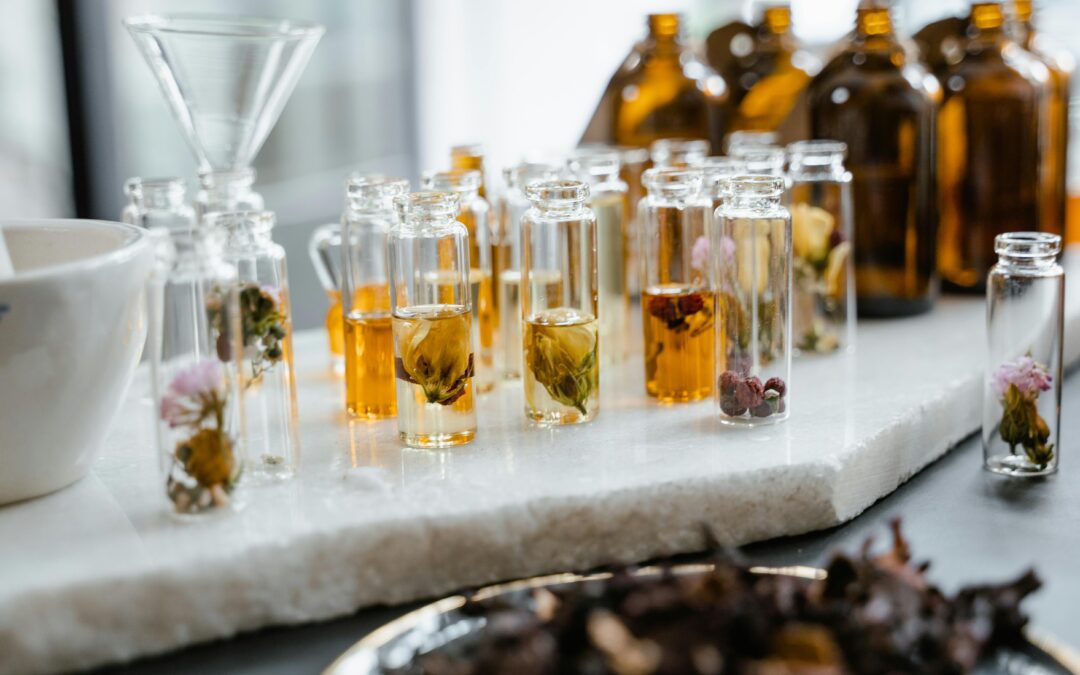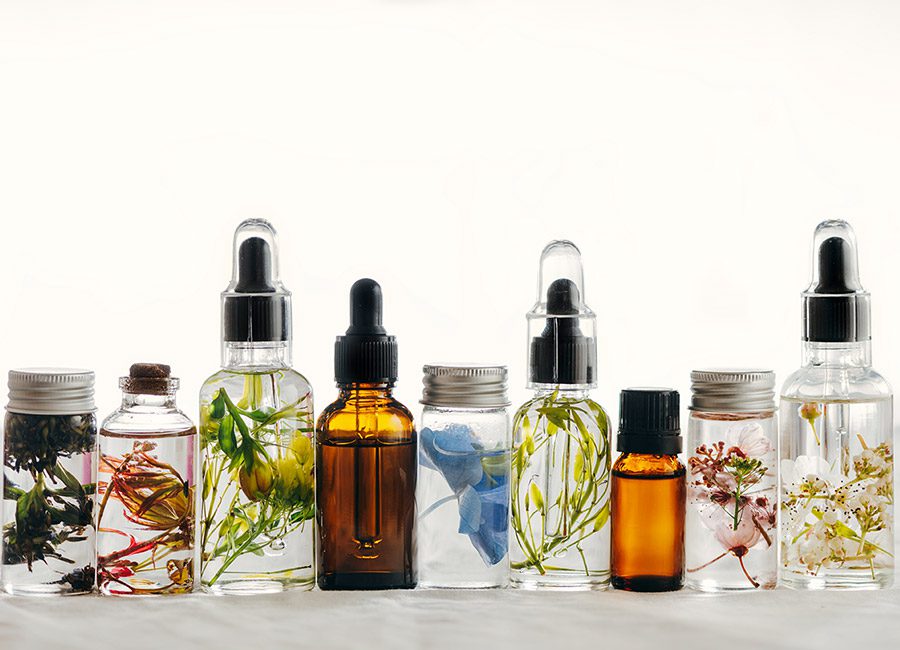Welcome to the fragrant world of natural perfumes! These luxurious scents, created from the purest essential oils and absolutes, are not just a delight to the senses but a testament to the beauty of nature itself. In this blog post, we’ll dive into the enchanting realm of natural perfumes, exploring their ingredients, benefits, and why they’re becoming a preferred choice for many. Get ready to embark on a sensory journey, where every drop tells a story.

The Magic of Absolutes and Essential Oils
Natural perfumes owe their unique charm to a variety of exquisite ingredients, each bringing its own distinct aroma and character. Here are some of the star players in the world of natural fragrance:
- Tuberose Absolute: This rich, heady floral scent is known for its intoxicating sweetness and depth.
- Jasmine Absolute: Revered for its sensual, exotic aroma, jasmine adds a romantic touch to any perfume blend.
- Osmanthus Absolute: With its apricot-like scent, osmanthus brings a delicate fruity note to perfumes.
- Pink Lotus: A symbol of purity and beauty, pink lotus offers a serene, floral fragrance.
- Rhododendron: This essential oil has a fresh, green floral scent that uplifts and refreshes.
Essential Oils vs. Absolutes: What’s the Difference?
Essential Oils are typically extracted through steam distillation or cold pressing. This method captures the volatile compounds of the plant, producing a highly concentrated oil.
Absolutes, on the other hand, are obtained through solvent extraction. This process is used for delicate flowers that cannot withstand the heat of distillation, resulting in a thicker, more concentrated aromatic substance. Absolutes tend to have a more complex scent profile compared to essential oils.
The Extraction Process: From Nature to Bottle
- Steam Distillation: Used for most essential oils, this process involves steaming the plant material to release the essential oil, which is then condensed and collected.
- Cold Pressing: Commonly used for citrus oils, where the rind of the fruit is mechanically pressed to release the oil.
- Solvent Extraction: Utilized for absolutes, this method uses a solvent to dissolve the aromatic compounds from the plant material, which is then evaporated to leave behind the absolute.
Why Natural Perfume is Better for Your Skin
Natural perfumes are crafted from plant-based ingredients, making them a healthier choice for your skin. Essential oils and absolutes contain small, bioactive molecules that penetrate the skin, providing not just fragrance but potential therapeutic benefits. In contrast, synthetic fragrances can contain harmful chemicals that may cause skin irritation, allergies, and other adverse reactions. The skin absorbs these chemicals, which can enter the bloodstream and affect overall health.
The Base Note: Foundation of Your Fragrance
A perfume’s base note is its foundation, providing longevity and depth to the scent. Some of the finest base notes in natural perfumes include:
- Real Fossilized Amber Essential Oil: This warm, resinous oil adds a deep, earthy undertone.
- Vanilla Absolute: Sweet and comforting, vanilla lends a creamy richness.
- Patchouli: Known for its woody, musky scent, patchouli adds a grounding effect.
- Sandalwood: This oil has a smooth, woody aroma that is both calming and long-lasting.
- Frankincense: With its resinous, slightly spicy scent, frankincense adds a mystical touch.
- Cedarwood: This warm, woody oil enhances the depth and complexity of the fragrance.
The Dilution Dilemma: Oil vs. Alcohol
Natural perfumes are often diluted in a base oil, such as fractionated coconut oil, rather than alcohol. This is because base oils are gentler on the skin, providing moisture and avoiding the drying effect that alcohol can have. Additionally, oil-based perfumes tend to sit closer to the skin, creating a more intimate and subtle scent experience.
The Rising Popularity of Natural Perfumes
Despite being more expensive to produce and having a shorter-lasting aroma, natural perfumes are gaining popularity. More consumers are turning to natural options to avoid the synthetic chemicals found in many commercial fragrances. These chemicals can cause allergies, headaches, and other health issues, and their strong scents can be offensive in public and workspaces.
A Brief History of Perfume
Perfume has a rich history dating back thousands of years. Ancient civilizations, including the Egyptians, Greeks, and Romans, used aromatic oils and resins in religious ceremonies, for medicinal purposes, and as personal fragrances. The art of perfumery continued to evolve through the centuries, with notable developments in the Middle Ages and the Renaissance. Today, the perfume industry is a blend of traditional craftsmanship and modern innovation, with natural perfumes standing as a tribute to the ancient methods of scent creation.
Five Essential Oils and Absolutes for Natural Perfume Making
- Rose Absolute: Known as the queen of flowers, rose absolute offers a luxurious, deep floral scent.
- Neroli: This oil, derived from orange blossoms, has a light, sweet, and slightly spicy aroma.
- Bergamot: With its bright, citrusy scent, bergamot adds a refreshing top note to perfumes.
- Frangipani Absolute: Exotic and tropical, frangipani brings a rich, creamy floral note.
- Magnolia Absolute: This oil has a sweet, floral fragrance with a hint of lemon, adding elegance and freshness to any blend.
Embrace the Natural Fragrance Revolution

Natural perfumes are more than just a scent; they are an experience, a connection to nature, and a step towards healthier living. By choosing natural perfumes, you’re not only indulging in a pure, unadulterated fragrance but also protecting your skin and overall well-being. So, next time you reach for a perfume, consider the beauty and benefits of going natural. Your senses—and your skin—will thank you. Fleur Aromatherapy is committed to future product launches of natural perfumes. We will keep you posted to launch dates!!
LIVE YOUR LIFE!
Fleur Aromatherapy. 😊
#naturalperfume #absolutes #essentialoils #tuberoseabsolute #jasmineabsolute #frangipaniabsolute #naturalfragrance



I LOVE aromatherapy!!
Thank you Louise!! We strive to hear great feed back with our blogs!! Fleur Aromatherapy.